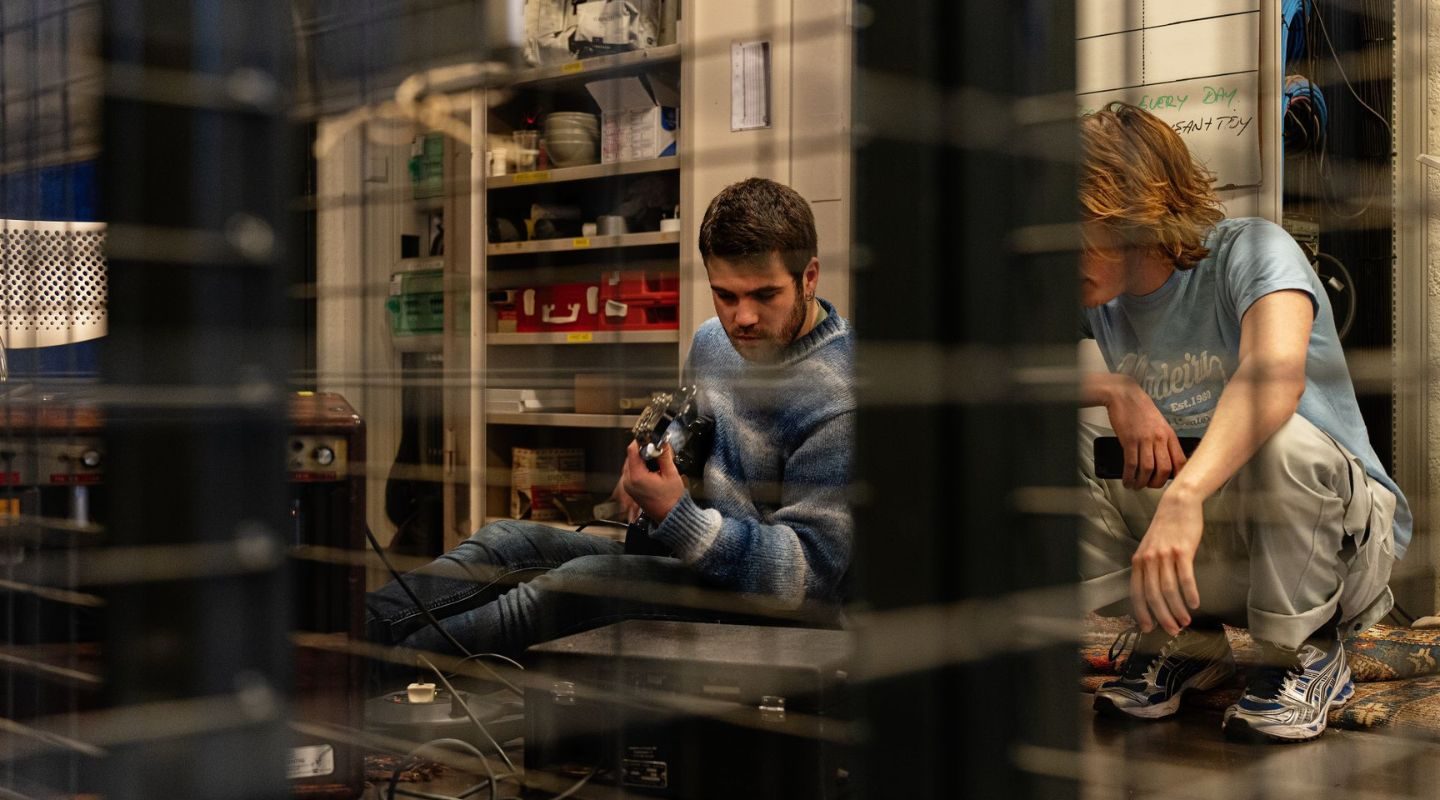Your arrangements, covers and remixes

Are you using music created by someone else? The main rule to remember is that when you use someone’s music, you need permission to do so. The party you need to get this permission from varies depending on the situation. If you want to arrange an existing musical work, then you can contact the original rightsholder(s). If you want to use an original work without changing it, then BumaStemra can help.
Copyright
Creators own the copyright to their work. This means that, as rightsholders, they can grant permission for their work to be publicly performed and/ or reproduced. Composers, songwriters, and music publishers who are BumaStemra members assign their rights to us.
We issue licences to music users, granting permission for the public performance of musical works in their original form (e.g. on TV or during a performance) and/or to reproduce them (e.g. by recording on CD). We distribute the fees we collect to all rightsholders.
Moral rights
Music creators, such as composers and songwriters, assign only the exploitation rights of their musical works to us. Moral rights always remain with the creator. Moral rights protect the personal connection between the creator and their work. The creator can object to their work being used under a different name or if any alterations or infringements damage its reputation or value.
Covering, arranging, sampling and remixing a musical work
Do you want to cover, arrange, sample and/or remix an existing musical work? Then it is important to know when you need permission and who to get it from. Let’s look at this in more detail.
Covers
By a cover, we mean – in terms of copyright – a one-to-one copy of an original work where nothing (or little) has substantially changed. In this case, the original composer and songwriter are considered the copyright owners of the cover version.
If you want to record or perform a cover, you need a licence from BumaStemra. You don’t need to get permission directly from the rightsholders for this. This only applies, however, if the music creators of the original work are affiliated with us (or one of our sister organisations). If a rightsholder is not affiliated with BumaStemra (or a sister organisation), permission must be obtained from the rightsholders directly.
In most cases, the cover is not a ‘pure cover’ as the underlying composition is also adapted. Here, the work is not just used, but it is also arranged. When this happens, it is considered an arrangement and requires permission from the original composer and/or songwriter (or the publisher). BumaStemra does not give permission for arrangements.
Arrangements
When something is changed in a musical work, we refer to this as an ‘arrangement’. You can arrange a musical work in different ways: in terms of the lyrics, you can translate a work, and in terms of composition, you can arrange the melody of a work. If you want to arrange a work, then you need permission from the original creator.
If a music publisher represents the original composer or songwriter, you can often go to the music publisher to get permission. Approval may be refused or be subject to conditions.
To get paid for your arrangement, you must have written permission from the rightsholders in an authorisation contract. This contract must show that the author (or the publisher on behalf of the author) gives permission for an arrangement to be made and that the arranger is entitled to receive an arranger’s share.
Sampling and remixing
When you sample or remix music, you edit the original musical work and use the recording of the work. Therefore, sampling and remixing also involve neighbouring rights, including master rights. If you want to use a recording, you need permission from the master owner. This is often a record company.
You can find more information about these rights on Sena’s website.
New lyrics to existing music
Do you want to write new lyrics to an existing composition? And do you want to receive remuneration as a songwriter for the use of the new work? Then you need permission from the composer. If you are altering the original lyrics rather than writing new lyrics, you should also seek permission from the original songwriter.
When don’t you need permission to use existing music?
You don’t always need permission to use or arrange a work. There is also music that you are free to use because it is no longer in copyright. We are talking about works that are in the public domain because the author died over 70 years ago. You can freely use the music of Beethoven or Mozart for example.
Good to know: the style in which a work is created is not copyrighted. So creating a new work in the style of a well-known composer is no problem.
The Copyright Act
The Copyright Act outlines a number of situations where it is possible to use a protected work without permission. We call these situations ‘copyright limitations’. Examples include exceptions for right to quote, for teaching purposes and for parodies. However, these come with strict conditions. For example, it is important that normal exploitation of the original work is not affected and that the interests of copyright holders are not harmed.